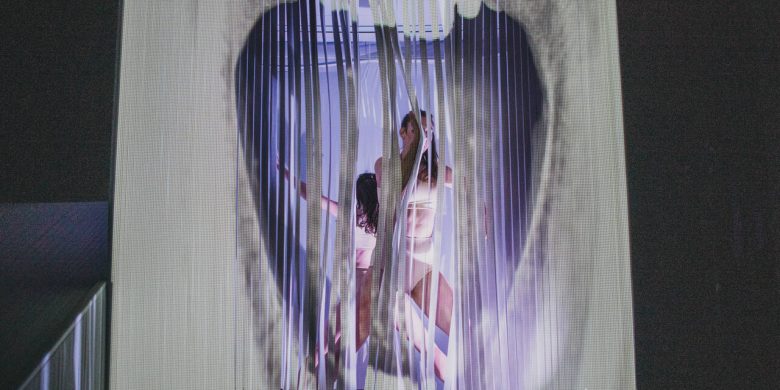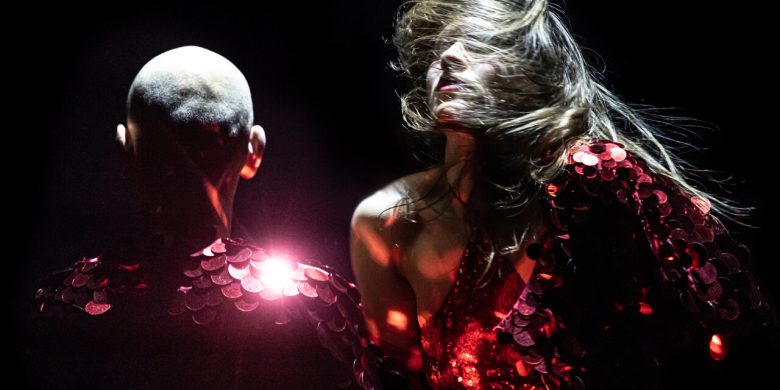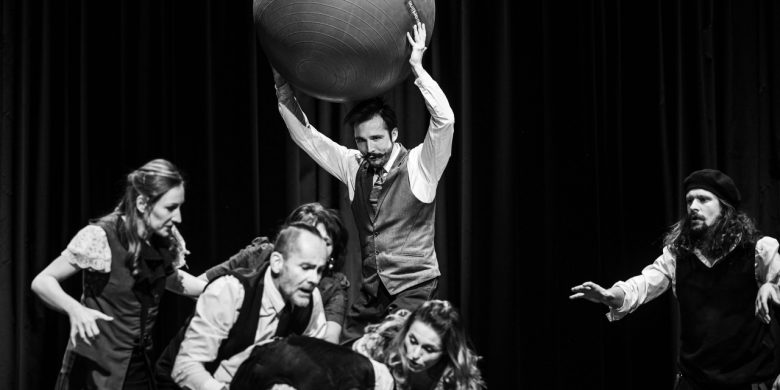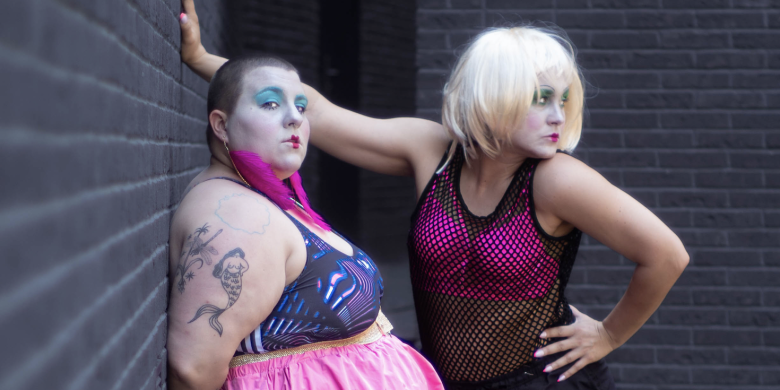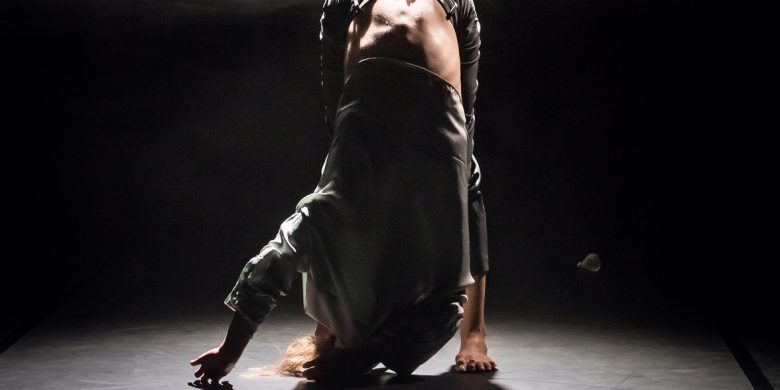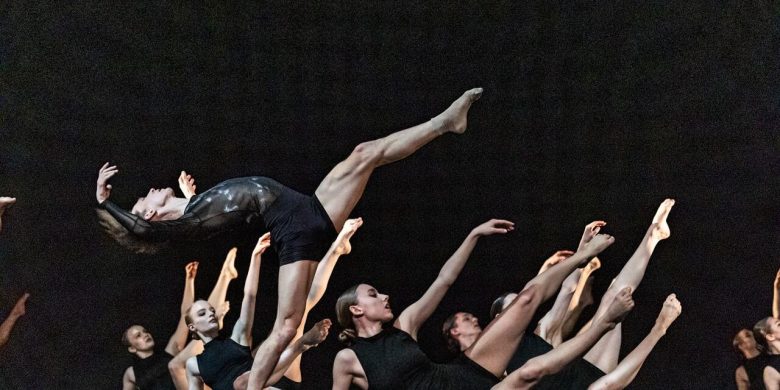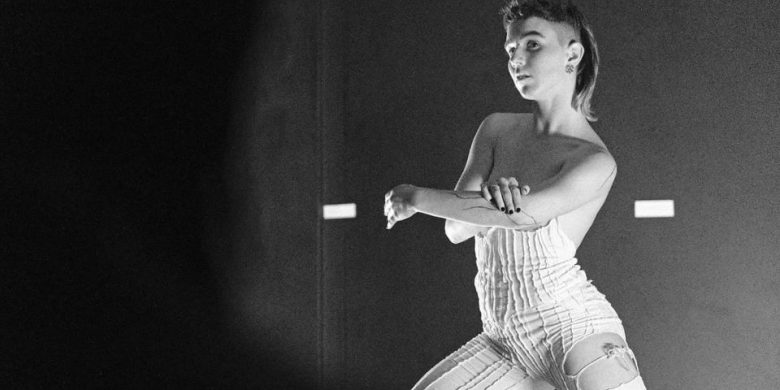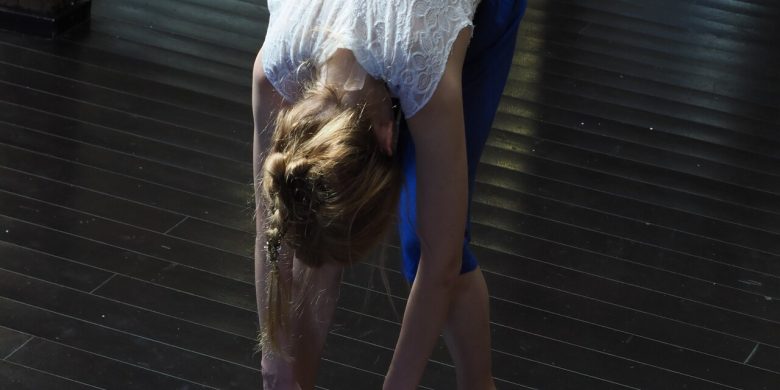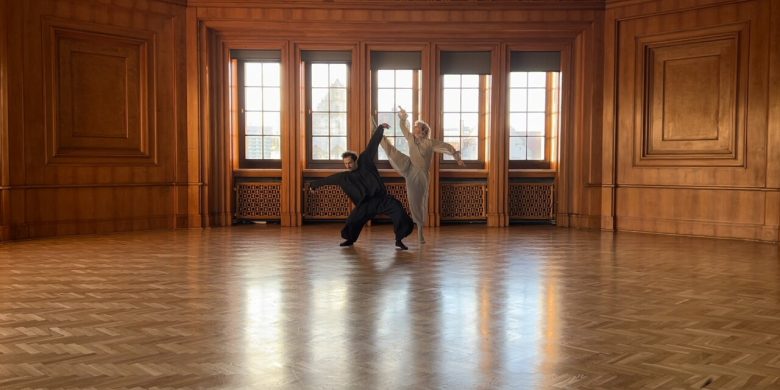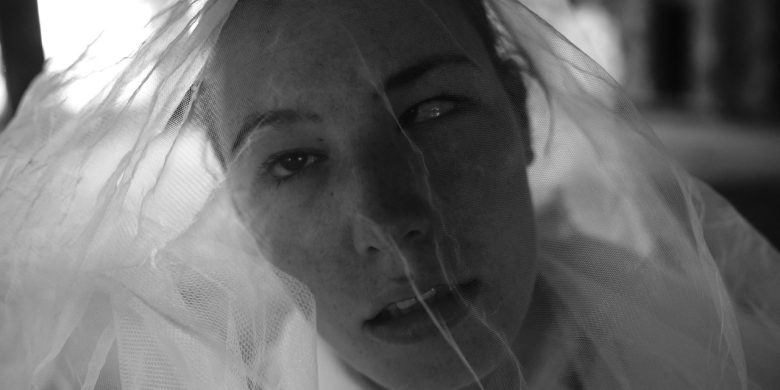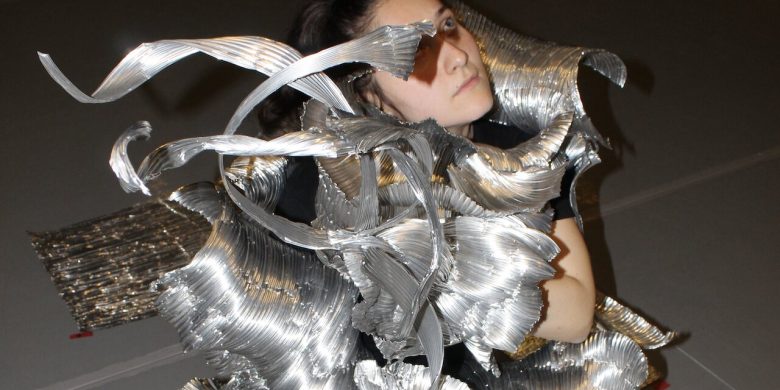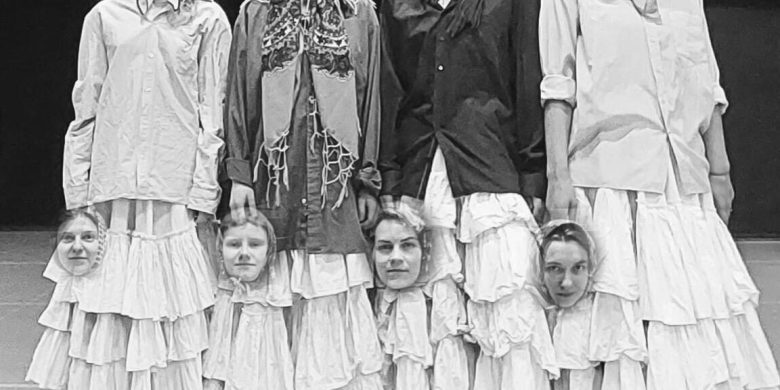The Longest Shift in the World
The Longest Shift in the World draws inspiration from the 2010 mining disaster in San José, Chile, when 33 men spent 69 days trapped underground. Rather than recreating the media narrative, the performance transforms this extreme experience into a space for reflection on human endurance, masculinity, and the fragile bonds that emerge in moments of crisis. The stage becomes a laboratory of bodies—a collective organism negotiating closeness, touch, and survival, revealing unexpected forms of care and intimacy. Wach shifts the narrative from language to movement, choreography, and the raw presence of the performers, inviting audiences to experience the tension between isolation and community, despair and resilience.
Director: Piotr Mateusz Wach
Music: Michał Smajdor
Choreography: Piotr Mateusz Wach, Szymon Dobosik, Daniel Leżoń, in collaboration with the ensemble
Costumes: Kamila Wdowska
Artistic supervision: Michał Borczuch
Tantric workshop: Daniel Leżoń
Operatic aria performance: Małgorzata Walenda
Photography: Magda Woch, Jakub Kotynia
Cast: Banaś Bartłomiej, Bandyk Szymon, Bielat Oskar, Bielawski Michał, Chudzik Kacper, Dobosik Szymon, Gołuch Artur, Gudanek Armando, Jaruszowic Antoni, Kestranek Grzegorz, Kondel Marcel, Kostow Krystian, Kotynia Jakub, Księżopolski Rumi, Leżoń Daniel, Madeja Philip, Pacan Leon, Paczkowski Adam, Poznański Jakub, Raczek Aleksander, Rychlak Franek, Samogranicki Jakub, Sarata Jan, Siemieniec Łukasz, Sojka Patryk, Szeląg Aleksander, Tasarz Igor, Tobolski Mikołaj, Urbaniak Filip, Walenda Małgorzata, Węgrzyn Filip, Woch Magda, Wojciechowski Adam, Wójcik Artur, Załuga Julek, Zinkiewicz Grzegorz, Olszański Dusiek
Duration: 65 minutes
Warning: The performance uses smoke and loud music. It contains scenes of nudity.




























